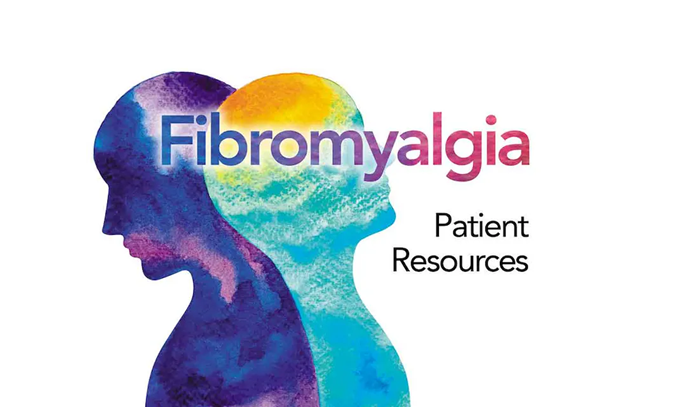Fibromyalgia, also called fibromyalgia syndrome (FMS), is a long-term condition that causes pain all over the body.
Symptoms of fibromyalgia
As well as widespread pain, other symptoms of fibromyalgia include:
- increased sensitivity to pain
- muscle stiffness
- difficulty getting to sleep or staying asleep, which can make you feel very tired (fatigue)
- problems with mental processes (known as “fibro-fog”), such as difficulty concentrating or remembering things
- headaches
- irritable bowel syndrome (IBS), a digestive condition that causes stomach pain and bloating
- feelings of frustration, worry or low mood
The symptoms of fibromyalgia are changeable – for example, they can sometimes suddenly improve or get worse

HOW FIBROMYALGIA AFFECTS THE BODY:
Fibromyalgia is a condition that’s more than just about pain; it has a ripple effect on the body, influencing various systems and functions. Here’s a closer look at how fibromyalgia impacts the body:
Widespread Pain: The most prominent symptom of fibromyalgia is a persistent pain that spreads throughout the body. This isn’t just any ordinary pain; it’s a deep, throbbing, aching, or burning sensation that can fluctuate in intensity.
Fatigue: Many with fibromyalgia experience a profound tiredness that doesn’t go away with sleep. It’s a fatigue that can make even simple tasks seem daunting, affecting daily routines and quality of life.
Sleep Disturbances: Despite feeling constantly tired, many fibromyalgia sufferers have difficulty sleeping. They might struggle to fall asleep, experience frequent awakenings, or suffer from conditions like restless leg syndrome.
Cognitive Difficulties: Often referred to as “fibro fog,” individuals might face challenges with memory, concentration, and organizing thoughts. It can feel like a cloud that hampers clarity of thought.
Digestive Problems: Fibromyalgia can also impact the digestive system, leading to symptoms like bloating, gas, constipation, or even irritable bowel syndrome (IBS).
Sensitivity: Many people with fibromyalgia develop heightened sensitivities. This can mean an increased sensitivity to light, noise, temperature, and even touch.
Mood Fluctuations: Emotional effects are also prevalent. It’s not uncommon for individuals with fibromyalgia to experience mood swings, anxiety, or depression. The chronic nature of the pain, combined with other symptoms, can take a toll on one’s mental well-being.
Stiffness: Morning stiffness, similar to what’s experienced in conditions like arthritis, is another symptom. This can
last for several minutes to hours, making it challenging to start the day
Fibromyalgia presents a range of challenges that can affect daily life. Physical therapy offers a structured approach to address these challenges, focusing on improving movement, function and overall well-being. This briefly outlines how physical therapy can help in managing fibromyalgia. The approach should consist of a combination of hands on therapy, exercise advice, building fitness an stamina to help reduce fatigue, education on load management and pain management.
1. Pain Management
2. Improved Mobility
3. Building Strength
4. Muscle Flexibility
5. Reduced Fatigue.


